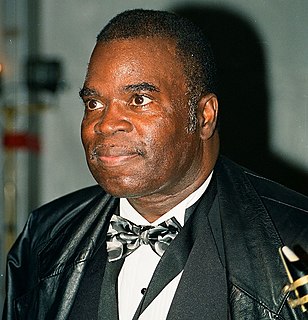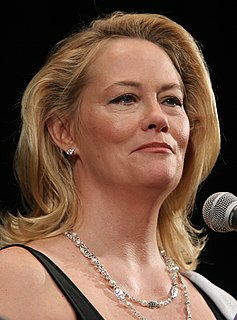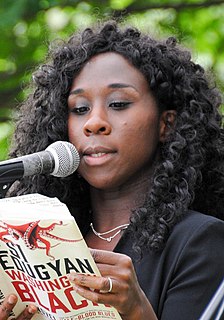A Quote by Pauley Perrette
I grew up in the Deep South, where sexism, racism, and homophobia were and still are alive and well. I have early, early memories of words and actions of this type being very painful.
Related Quotes
My point is you can fight racism and sexism and homophobia more effectively if you're doing it from the position that you're standing for the dignity of all people, and that you're actually standing for the underdog in the red states and the blue states. I think it's more effective when you're anti-racism and anti-sexism and anti-homophobia and that is the centerpiece for a project to uplift all humanity, and frankly to defend and uplift the children of all species.
Because I know that the early Greeks and Romans and the early Europeans at that age did not see racism as we see it now - because racism was created to justify slavery to build the capital for capitalism - and back in the day they respected talent over race. We had an African Pope in the late 5th century, we had an African Emperor of Rome, and early church Fathers were black.
When I grew up, the thing boys would do during the summer is work tobacco because it was a cheap product back then. I didn't want to do that. From an early, early, early age, I was like, 'I like music. This performing thing comes easy.' And perhaps that's how I ended up doing what I'm doing today. Being a musician.
I looked from one to the other, and realized that Barrons and my dad were having one of those wordless conversations he and I have from time to time. Though the language was, by nature, foreign to me, I grew up in the Deep South where a man’s ego is roughly the size of his pickup truck, and women get an early and interesting education in the not-so-subtle roar of testosterone.
I talked a lot early on in my career about intersectionality and how racism and classism and sexism and homophobia and capitalism are all connected with each other, and they're these crazy systems that are feeding on each other and are also damaging. I can't even go into the whole spectrum of it. But I feel like kids today are so much more savvy about that conversation. And I'm so thrilled when I get to meet younger people who are doing that so much better than I did.



































